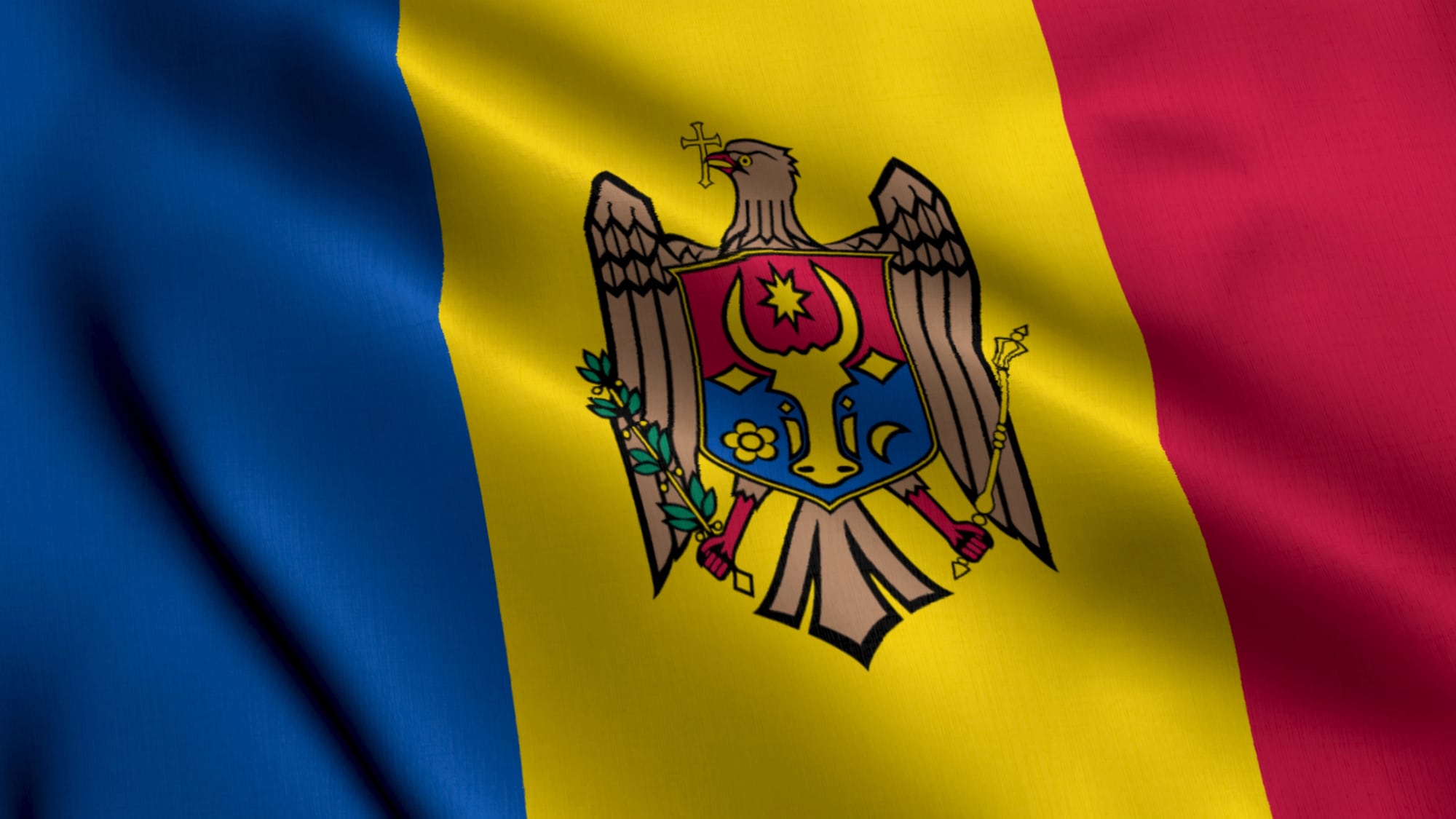Moldova’s September 28, 2025 parliamentary elections are shaping up to be another highly contentious struggle between pro-Russia and anti-Russia factions. Both the European Union and Moscow are accusing each other of illicit election meddling to put their respective Moldovan clients in power. In many respects, the lead up to this election is reminiscent of the tense atmosphere and inflammatory accusations of the 2023 vote for parliament and the 2024 presidential election that resulted in a disputed victory for pro-Western incumbent President Maia Sandu.
The situation also has the potential to become another prominent arena for the ongoing, dangerous geopolitical power struggle between the West and Russia. Moldova shares a 1,222-kilometer border with Ukraine and the Kremlin currently stations some 1,500 troops in Moldova’s secessionist region of Transnistria. The U.S. government should, in this case, as in many others, stay out.
American and European think tanks and news media outlets reliably parrot the allegations of Sandu and her supporters. The Atlantic Council’s Aidan Stretch notes:
“Moldova is raising the alarm over escalating Russian interference as the country approaches a crucial geopolitical crossroads. On September 28, Moldova’s pro-Western government will face a parliamentary election amid widespread allegations of Kremlin cyberattacks, propaganda, and various other Russian attempts to influence the outcome of the vote. If pro-European parties lose their majority, Moldova’s Western integration could stall.”
Stretch continues:
“The implications of an election victory for pro-Russian forces would extend far beyond Chisinau [Moldova’s capital]. Moldova shares a long border with Ukraine, while the two countries are currently on a joint EU accession track. A Kremlin-friendly government in Moldova could potentially derail EU integration for both nations, while also creating a significant new security threat on Ukraine’s southwestern frontier. The coming vote is therefore an important test of Russia’s ability to reassert its influence and a potential landmark moment for the wider region.”
In the short term, though, the East-West struggle is confined to the political arena. Sandu and her supporters in Europe and the United States are quick to highlight any evidence of Moscow’s support, especially financial support, for friendly political factions. She recently accused Russia of spending “hundreds of millions of dollars to buy Moldova’s election.”
However, it is clear that both Washington and Brussels also have poured vast sums into Moldova to support “pro-democracy” groups—and they have done so for many years. Although Donald Trump’s administration sharply cut projected funding for Moldova in the forthcoming U.S. Agency for International Development (USAID) budget, Washington has already given more than $2.5 billion since the country became independent. The figure for 2024 alone was $310 million. Between the launch of Russia’s “special military operation” (Putin’s label for his major invasion of Ukraine) in February 2022 and September 17, 2024, Washington allocated $949 million for Moldova. This largesse was given to a country that has only 3.6 million people. It would be naïve to assume that such sums did not buy political influence and were not designed to do so.
The European Union also has given high priority to funding friendly political clients in Moldova and, unlike the Trump administration, it has continued to do so. At a summit meeting between Moldovan and EU leaders in July 2025, the EU agreed to the immediate release of 270 million Euros from a planned 1.9 billion long-term growth plan for Moldova. Such sums are not chump change, nor are they politically irrelevant. Another 18.9 million Euro aid influx took place in early September, barely three weeks before Moldova’s election, was transparent interference in the country’s domestic politics. EU expressions about Russia’s alleged interference ring a bit hollow.
Sandu and her domestic allies are not relying on just Western financial support to remain in power. On September 22, 2025, Moldovan authorities conducted 208 raids and detained seventy-four people on charges that they were working with Russia to disrupt the impending election. That action was reminiscent of the measures that political clients of the United States and the European Union used earlier in 2025 to undermine populist dissidents and pave the way for the eventual electoral victory of a “respectable” (i.e., pro-EU. pro-NATO) figure as Romania’s new president.
Sandu’s actions in Moldova appear to be part of a larger pattern among the EU’s dominant center and center-left governments to discredit opponents as Moscow’s tools. During Moldova’s last major surge of political turmoil in 2022-2023, the country’s constitutional court outlawed the pro-Russia, populist Shor Party. Sandu also repeatedly accused Russia of trying to orchestrate a coup during that period of disorder. Moscow’s alleged motive, then as now, was to open a new front in the Kremlin’s war against Ukraine.
The underlying reality appears to be much more complex than a nefarious Russian plot to undermine a small, democratic East European neighbor. Moldova is a deeply divided country. The mere existence of the largely self-governing Transnistria confirms that there is no consensus within Moldova to become part of the EU. At best, pro-EU factions enjoy a thin majority over their pro-Russia opponents. Regardless of the outcome of the September 28 elections, such sharp domestic divisions are unlikely to ease.
Washington ought to stay out of this parochial fight. The last thing U.S. officials or the American people need is to become entangled in the internal politics of another country located in Moscow’s sphere of influence. The Trump administration’s decision to slash aid to Moldova as part of its overall effort to downsize USAID is a step in the right direction.
However, Washington also needs to spurn any EU effort to lure the United States into backing certain political factions in Moldova. The tainted electoral victory of the pro-EU presidential candidate in Romania this past July confirms that center and center-left European regimes are determined to win, even if they have to harass opponents and rig the political system to achieve the desired result. That is an ominous sign. The amount of money being poured into Moldova on behalf of favored political factions, combined with growing attempts to harass and intimidate opponents, suggests that the country may now be at the top of the EU’s agenda to be a key Potemkin democracy.
America does not have a dog in this fight. Strict neutrality is the appropriate stance.

































